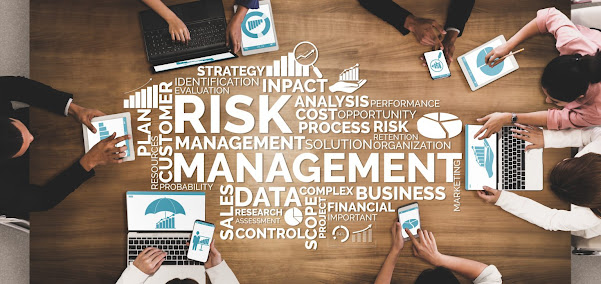Learning how to anticipate and get ready for the risks that a company is exposed to via its operations is the goal of acquiring a risk management certification. Gaining a degree in risk management entails learning how to recognize potential future situations, manage them, and foresee potential issues. Of course, not all dangers can be predicted in advance, therefore the business must also set up broad risk control procedures that will help them in any conceivable situation. Risk management training equips participants with the know-how and tools they need to foresee hazards and take proactive steps to mitigate them. Obtaining one of the risk-related certificates and completing the necessary training is a fantastic approach to developing into a long-term and valuable employee.
Tip: Learning the fundamentals of Data Privacy training provides you with a powerful, and very useful, set of skills. Learn to think like a hacker so you can better defend your networks and data by studying Penetration.
This training, which can take many different forms, often occurs in a classroom setting or via individual study. Anyone wishing to further their career or increase their work alternatives should take advantage of risk management training. A successful career as a member of a risk supervision team depends on being trained in risk analysis, risk measurement, and threat response. The discipline of risk management is highly regarded, and there are possibilities in both the public and private sectors, in businesses of all sizes, and across all industries. However, there is another component of the training process: Different aspects of risk control apply in different contexts and different disciplines.
The value of risk management's position at the decision-making management level is becoming more widely acknowledged, and by taking part in risk training, you may provide yourself with new career opportunities in risk analysis or policy implementation.
The industry oversight body that the student chooses to engage with offers the instruction necessary to achieve certification. Each organization and program offers its curriculum in a unique way and at a different time. There are several more places to get risk management training courses, including authorized institutions and universities, online programs, distance learning, and evening sessions. However, not all of these options lead to a certain accreditation, degree, or certification. Of course, you don't have to pursue this kind of business training every time.
To be able to translate this academic experience into practical professional knowledge, it's critical to have expertise working with risk analysis tools, risk mitigation techniques, and real-world case studies. The first step toward a career as a risk professional is risk management training.

Comments
Post a Comment